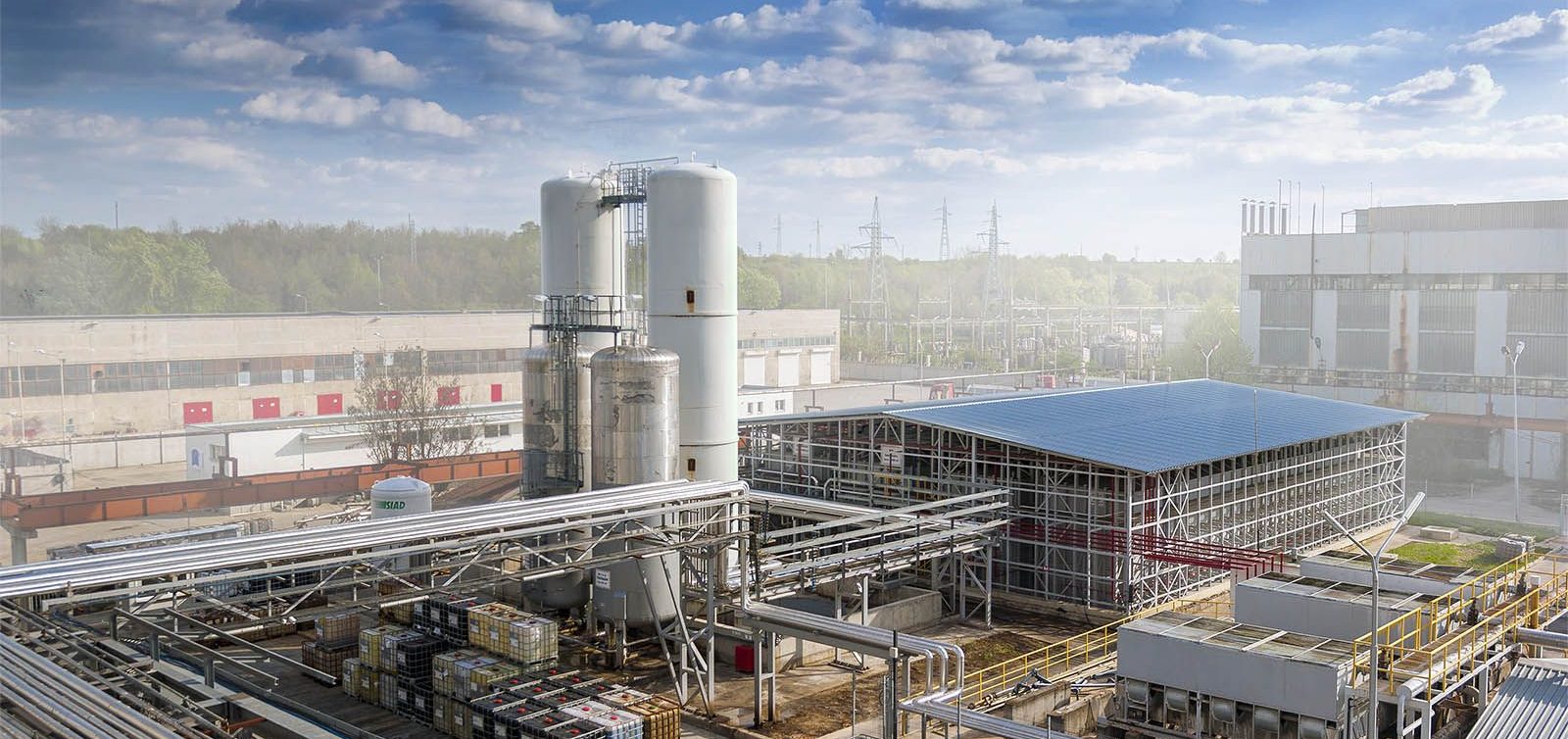A group of researchers from Spain and Greece are using glycerine co-product of biodiesel to substantially improve the thermal properties of ceramics. The new technique may be employed in the production of insulating bricks for the building industry.
According to scientists responsible for the study, when exposed to the high temperatures used in cooking process that converts ceramic clay, glycerin releases carbon dioxide forming micropores in the structure of the finished material. It is the presence of these pores in a large amount and homogeneous distribution which reduces thermal conductivity.
The tests were made by adding different proportions of glycerin – between 5% and 20% – the clay used in the manufacture of ceramic tiles, which subsequently tested had their thermal conductivity characteristics and mechanical strength. The authors concluded that it is possible to reduce the thermal transmission of the finished product by almost half without affecting the durability required building materials.
“With the addition of 15% glycerine, the thermal conductivity of the tiles fell by half,” the professor in the Department of Chemical Engineering at the University of Jaén and one of the study’s authors, Luis Pérez-Villarejo.

